
The traffic rules describe how a road user must act on the public road, which includes obligations but also advice on how to drive sensibly and safely. All road users must know and apply the traffic rules.
The speed depends on the type of road and the conditions in which you are driving. Do not drive faster than the speed limit and make sure you can drive safely and comfortably.
A speed limit can be indicated at any time with the traffic sign below. The traffic sign means that it is forbidden to drive faster than indicated. The traffic sign is valid until the next intersection or until the traffic sign announcing the end.
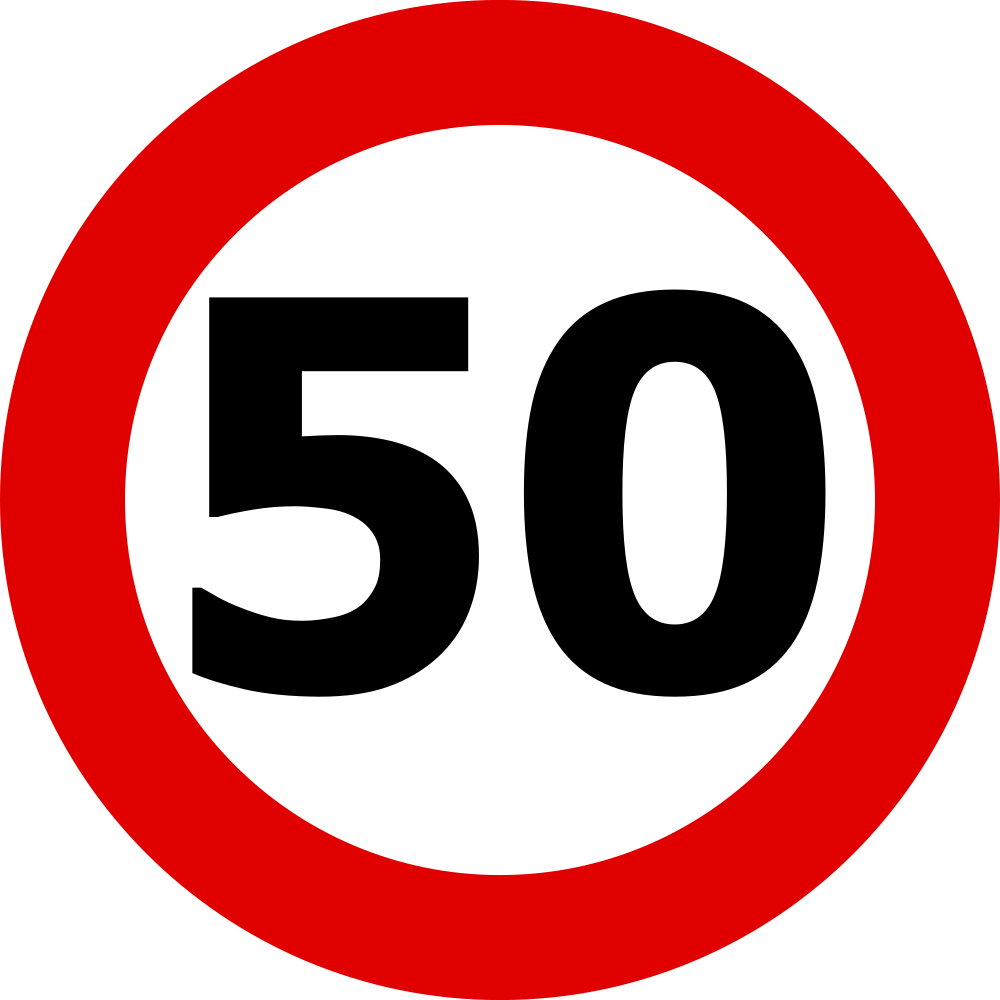 Begin of a speed limit.
Begin of a speed limit.
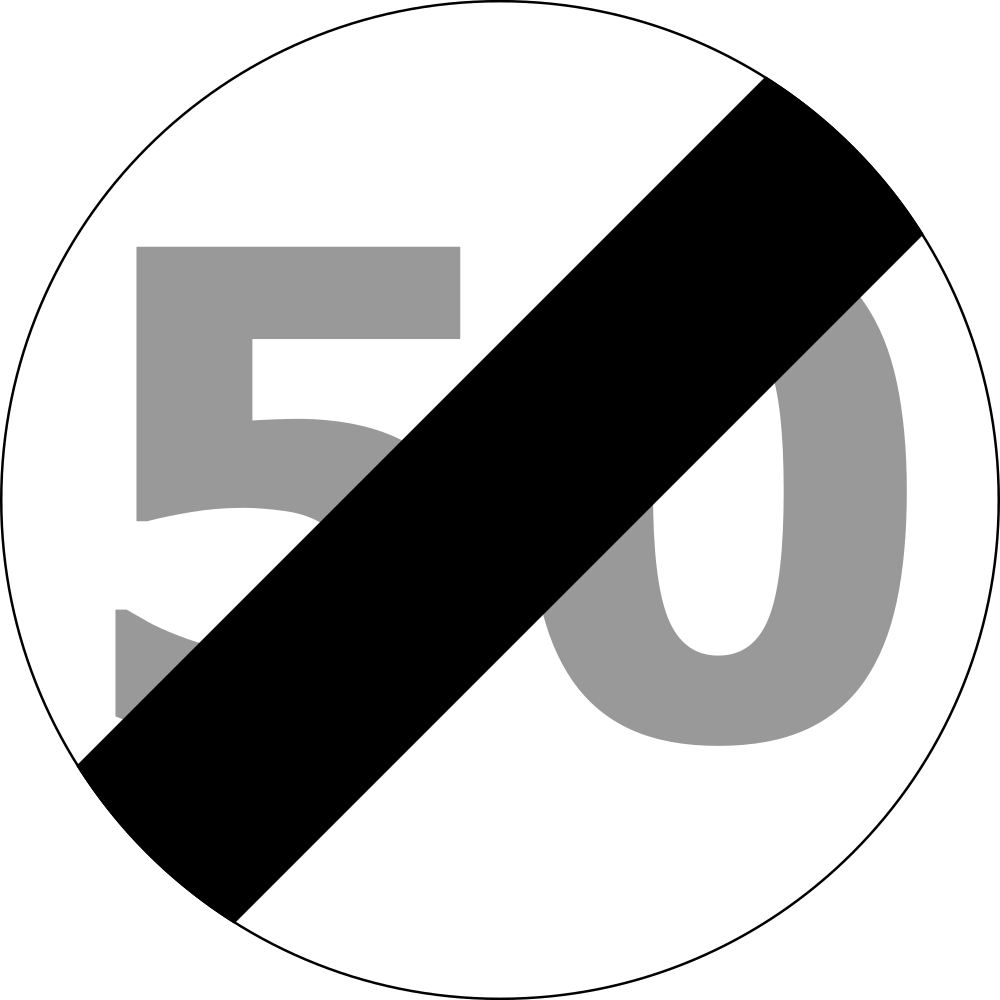 End of the speed limit.
End of the speed limit.
A zone consists of one or more public roads. The beginning and end is indicated by a zonebord (see image). As long as you drive within the zone, the limitation on speed or parking is the money.
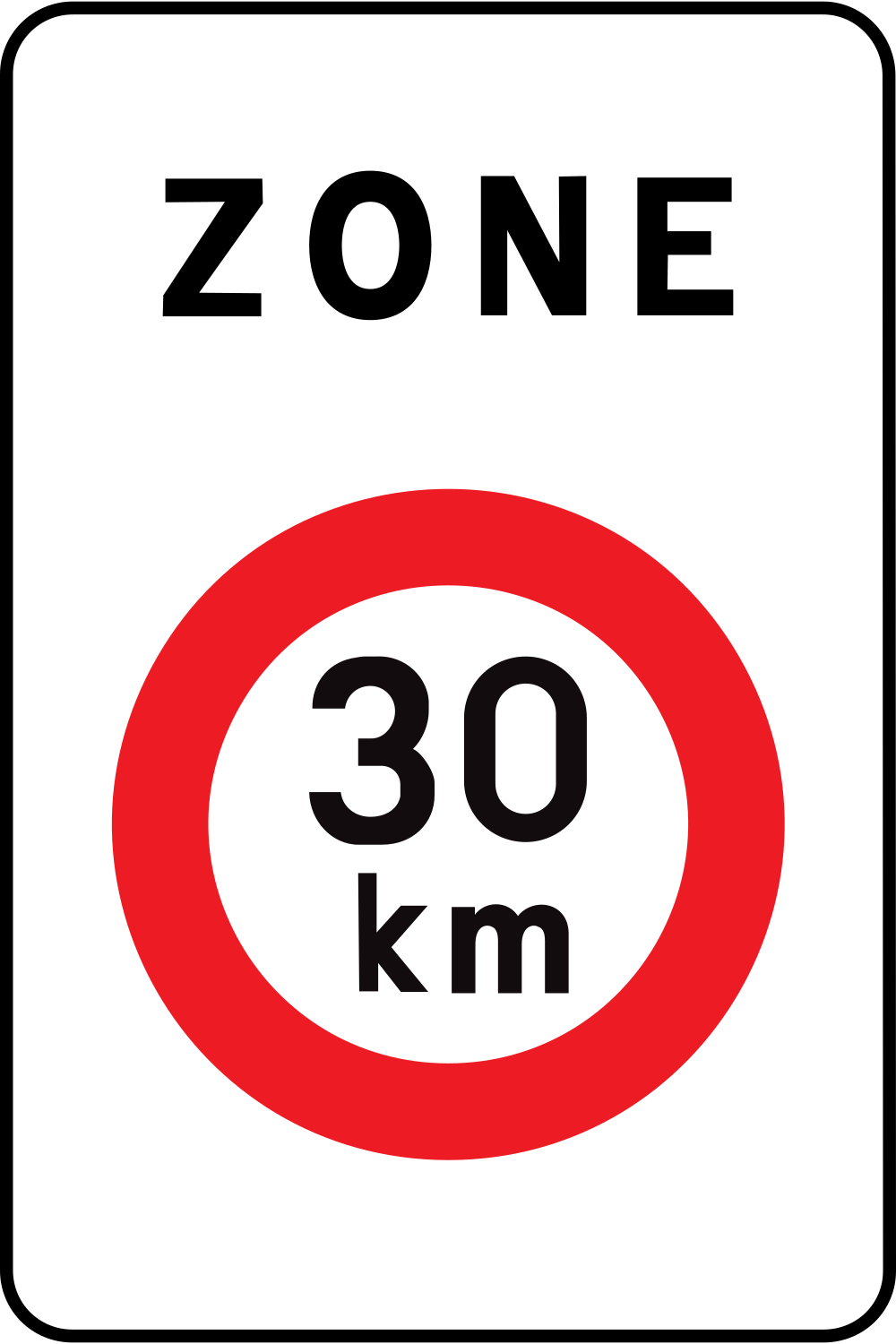 Begin of a zone with speed limit.
Begin of a zone with speed limit.
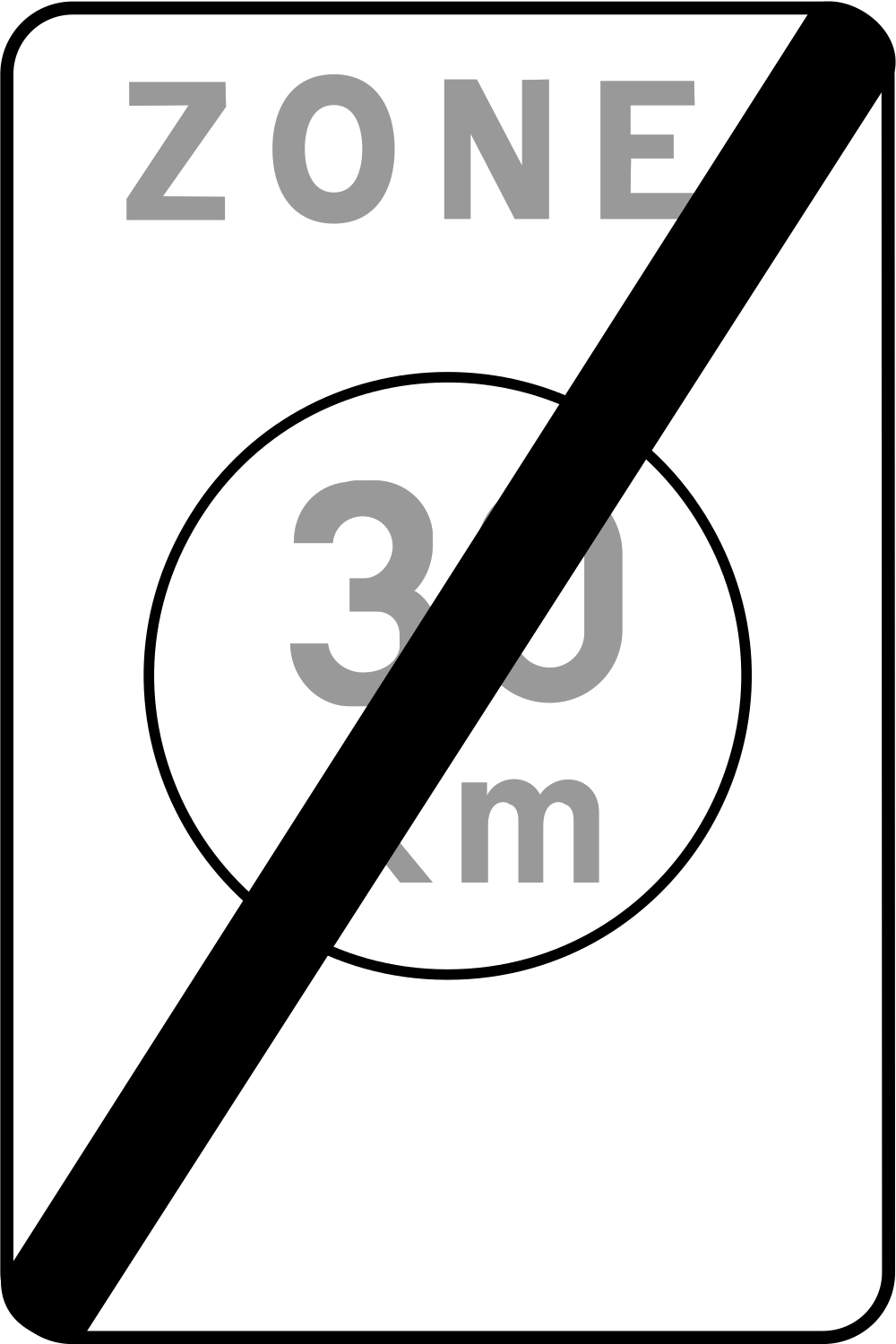 End of the zone with speed limit.
End of the zone with speed limit.
A motorway is a public road intended for the traffic of fast vehicles, such as cars, motorbikes, trucks and buses. On a motorway there is a central reservation between the two directions and there are no traffic lights or intersections.
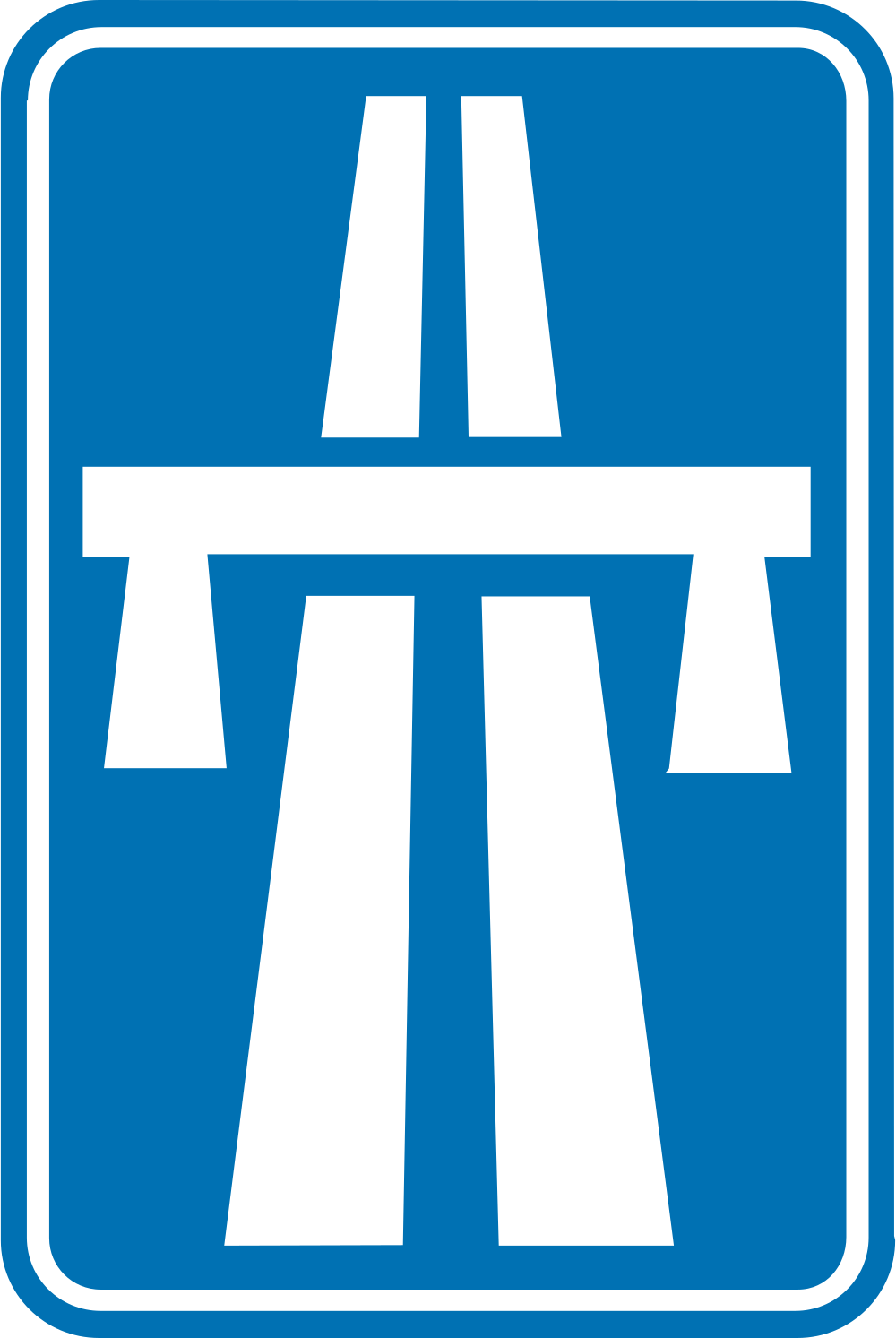 Begin of a motorway.
Begin of a motorway.
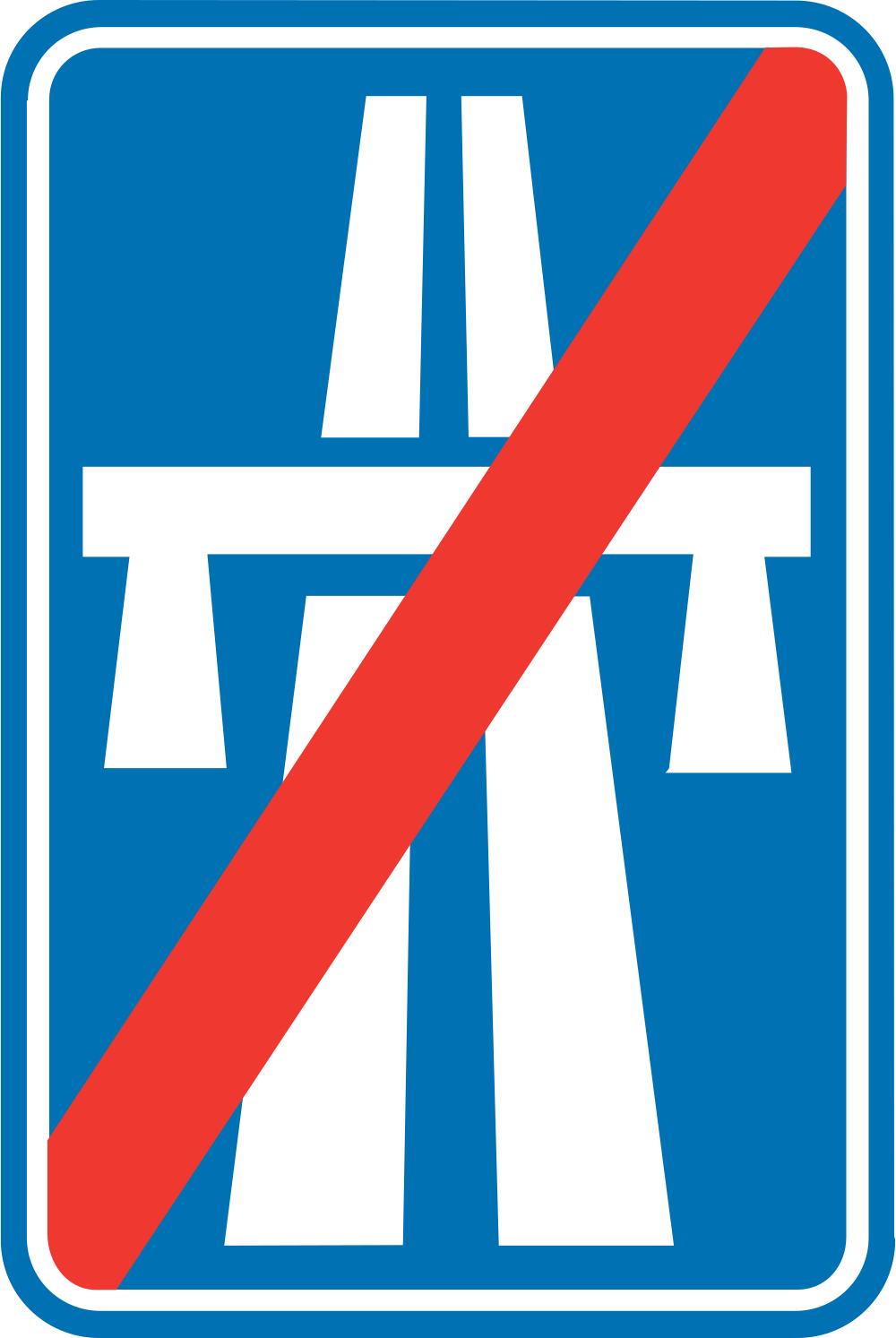 End of the motorway.
End of the motorway.
An expressway is a public road, similar to a motorway but often with intersections and traffic lights.
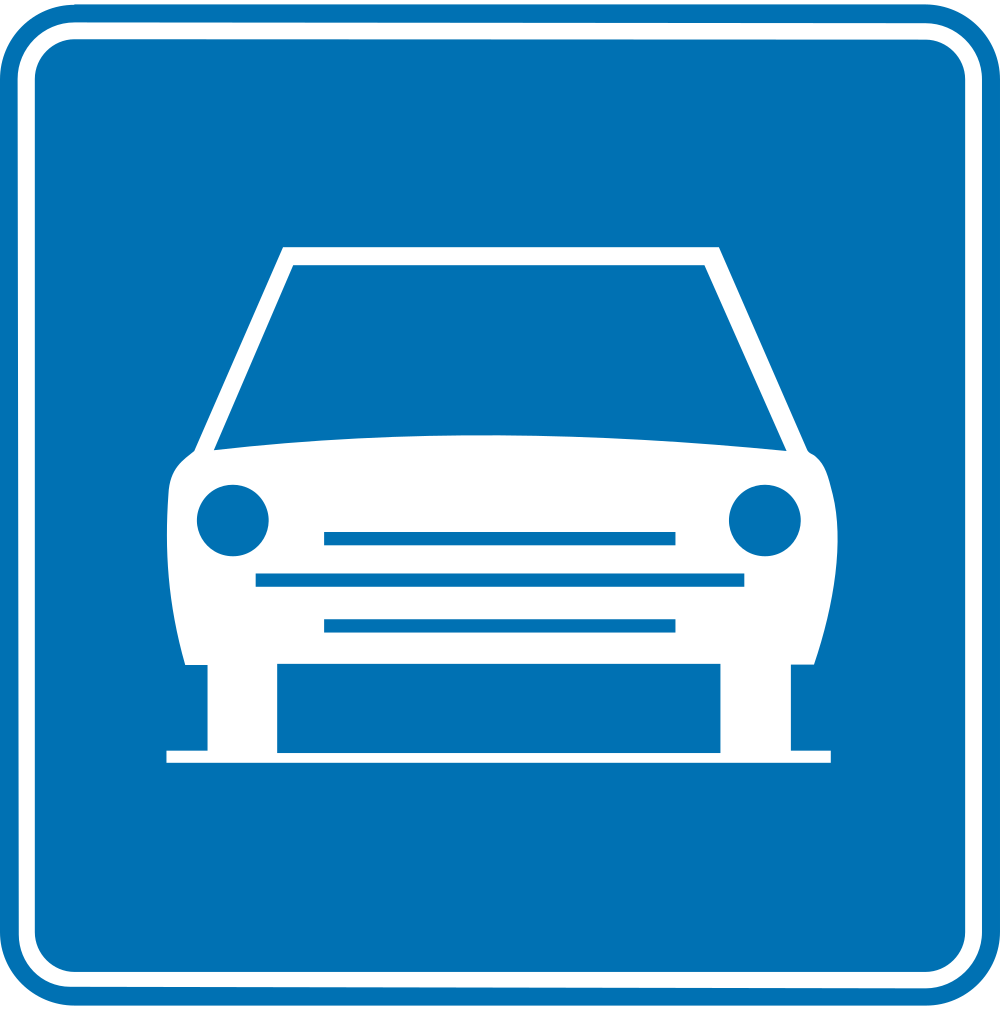 Begin of an expressway.
Begin of an expressway.
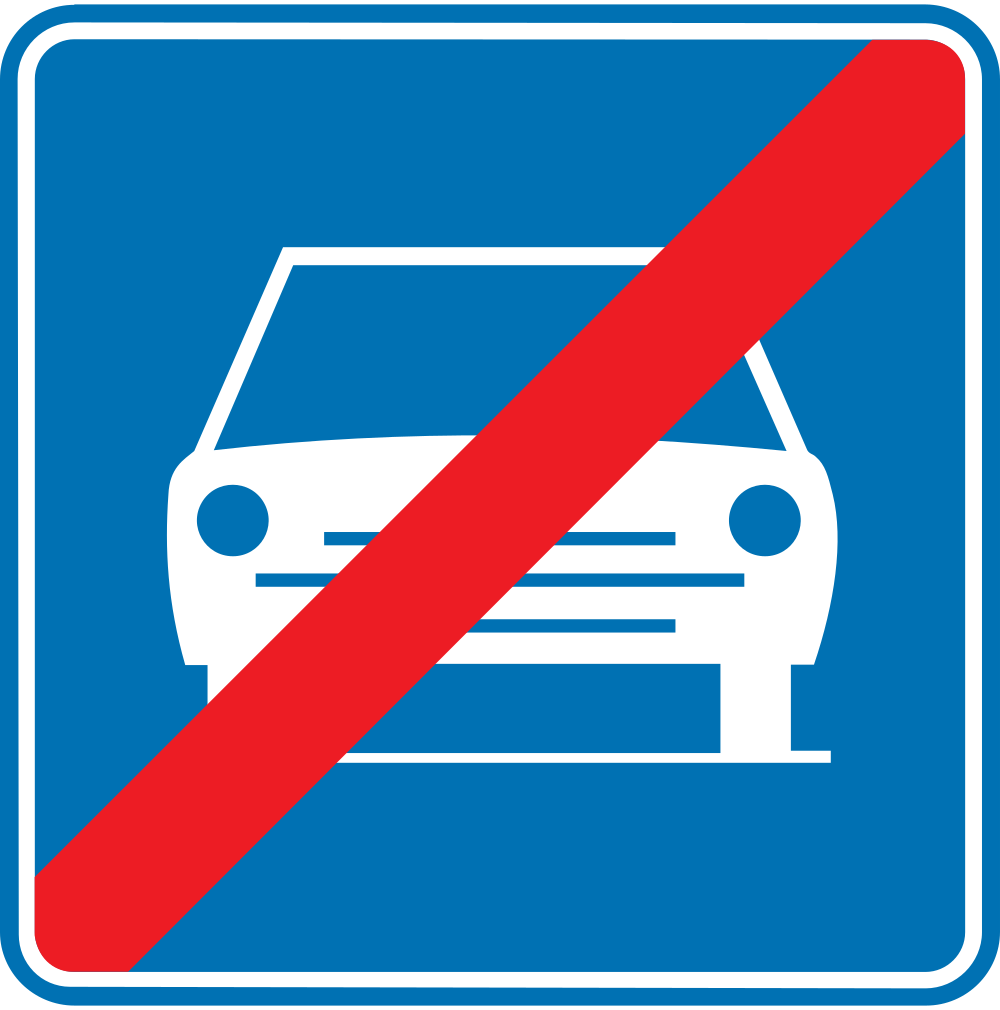 End of the expressway.
End of the expressway.
The built-up area is an area designated by the government where there is a lot of construction. Because of the higher population density, drivers have to take extra account of other road users. Pay extra attention in the vicinity of crossings, schools and parks.
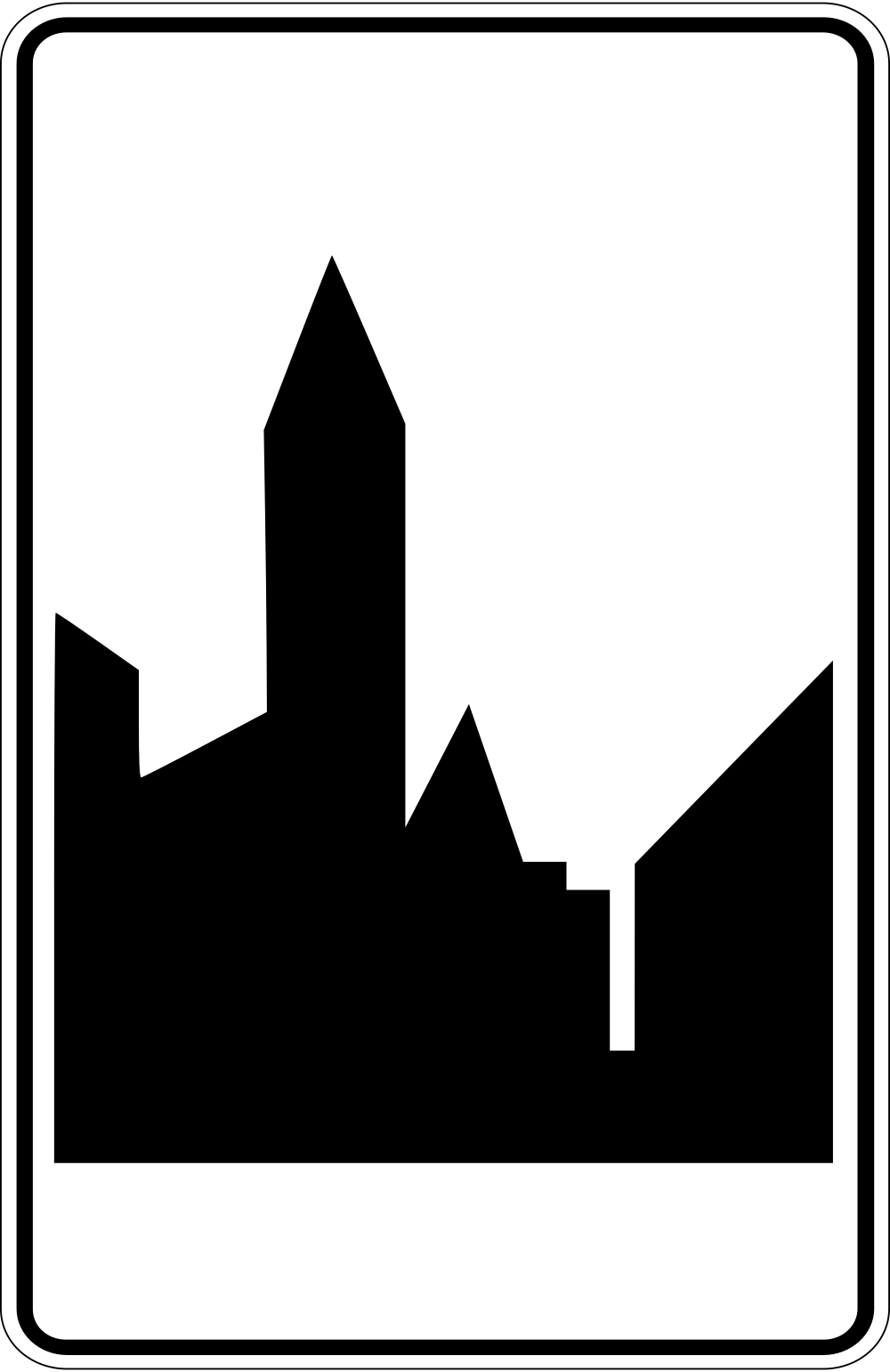 Begin of a built-up area.
Begin of a built-up area.
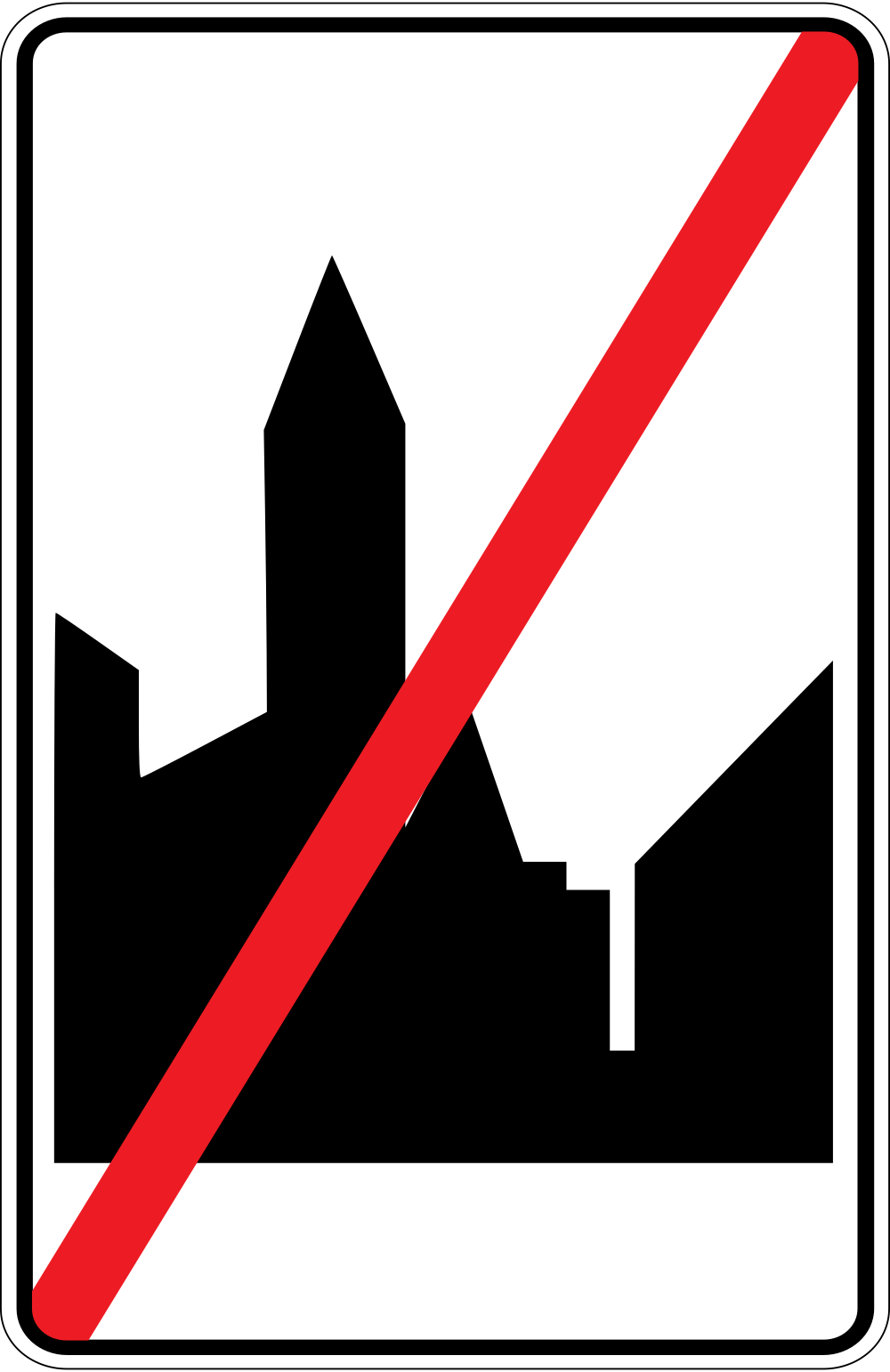 End of the built-up area.
End of the built-up area.
Pedestrians walk on the road in a residential area, but they are not allowed to hinder traffic.
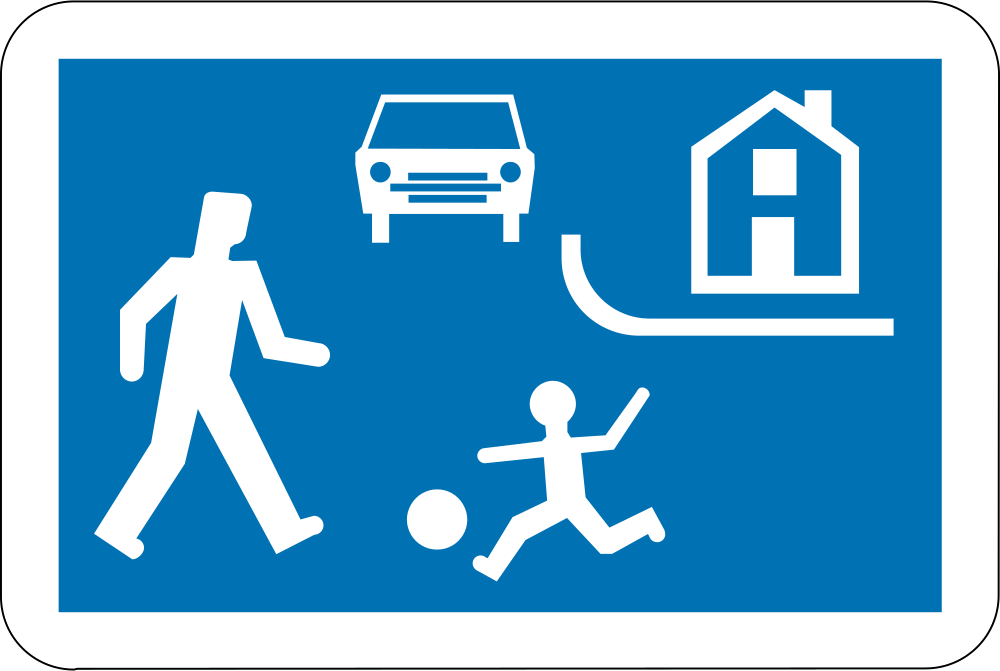 Begin of a residential area.
Begin of a residential area.
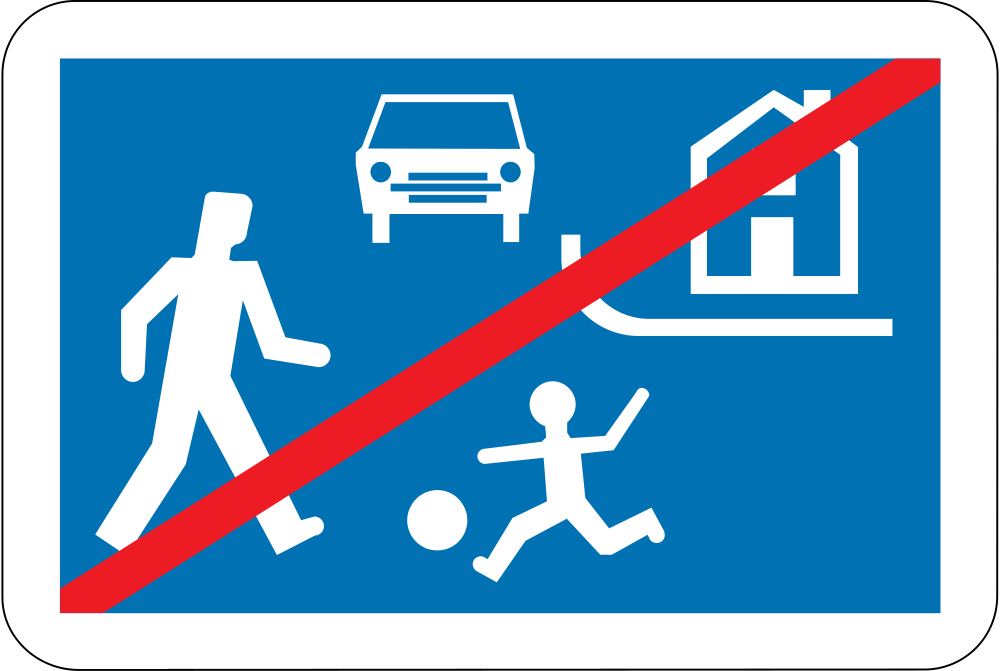 End of the residential area.
End of the residential area.
A bicycle street is a street in which the cyclists are the most important road users. Motor vehicles are allowed, but cars are not allowed to overtake cyclists.
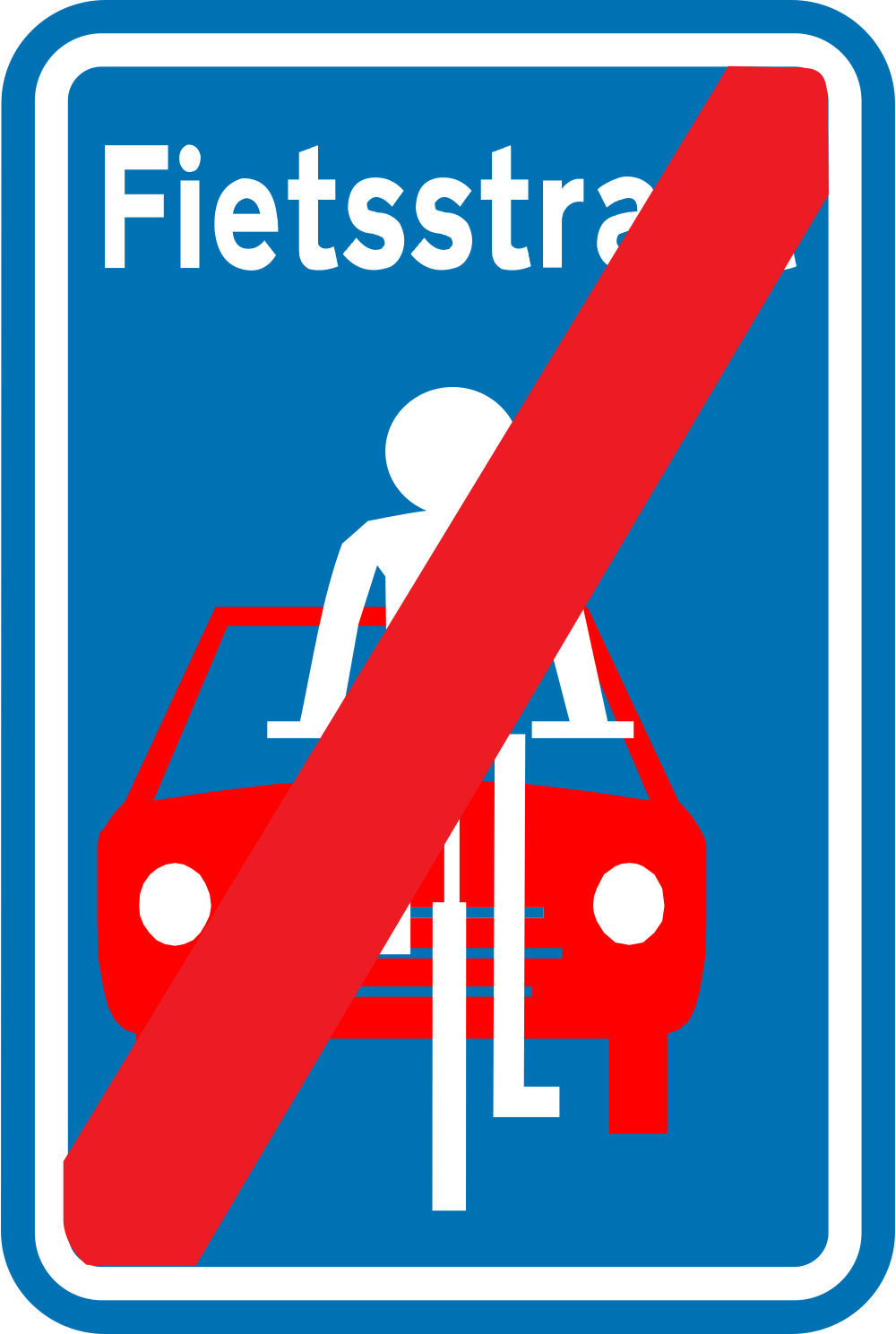 End of the lane for cyclists.
End of the lane for cyclists.
A pedestrian zone is an area of a city or town reserved for pedestrian-only use and in which most or all automobile traffic may be prohibited.
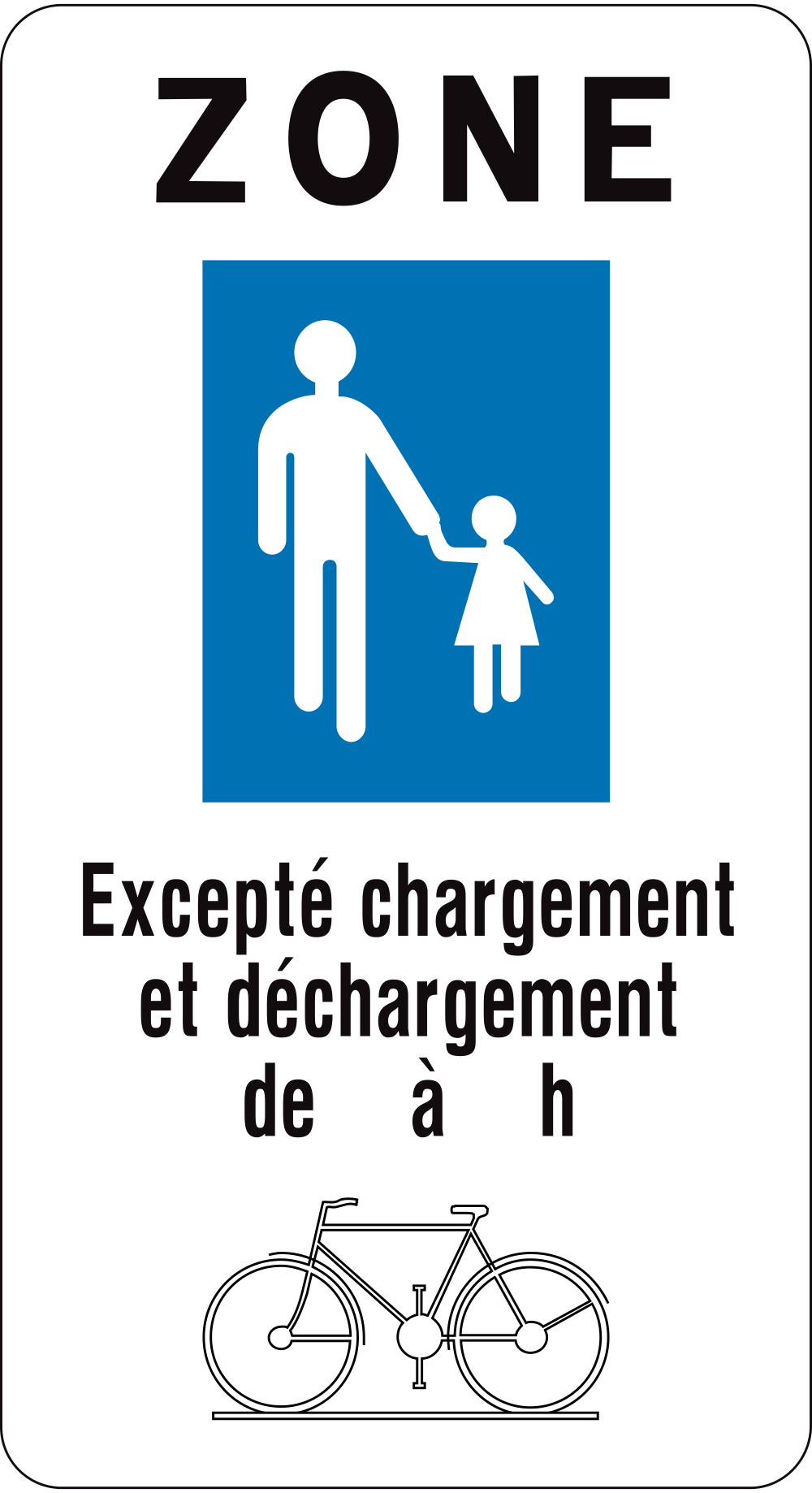 Begin of a zone for pedestrians.
Begin of a zone for pedestrians.
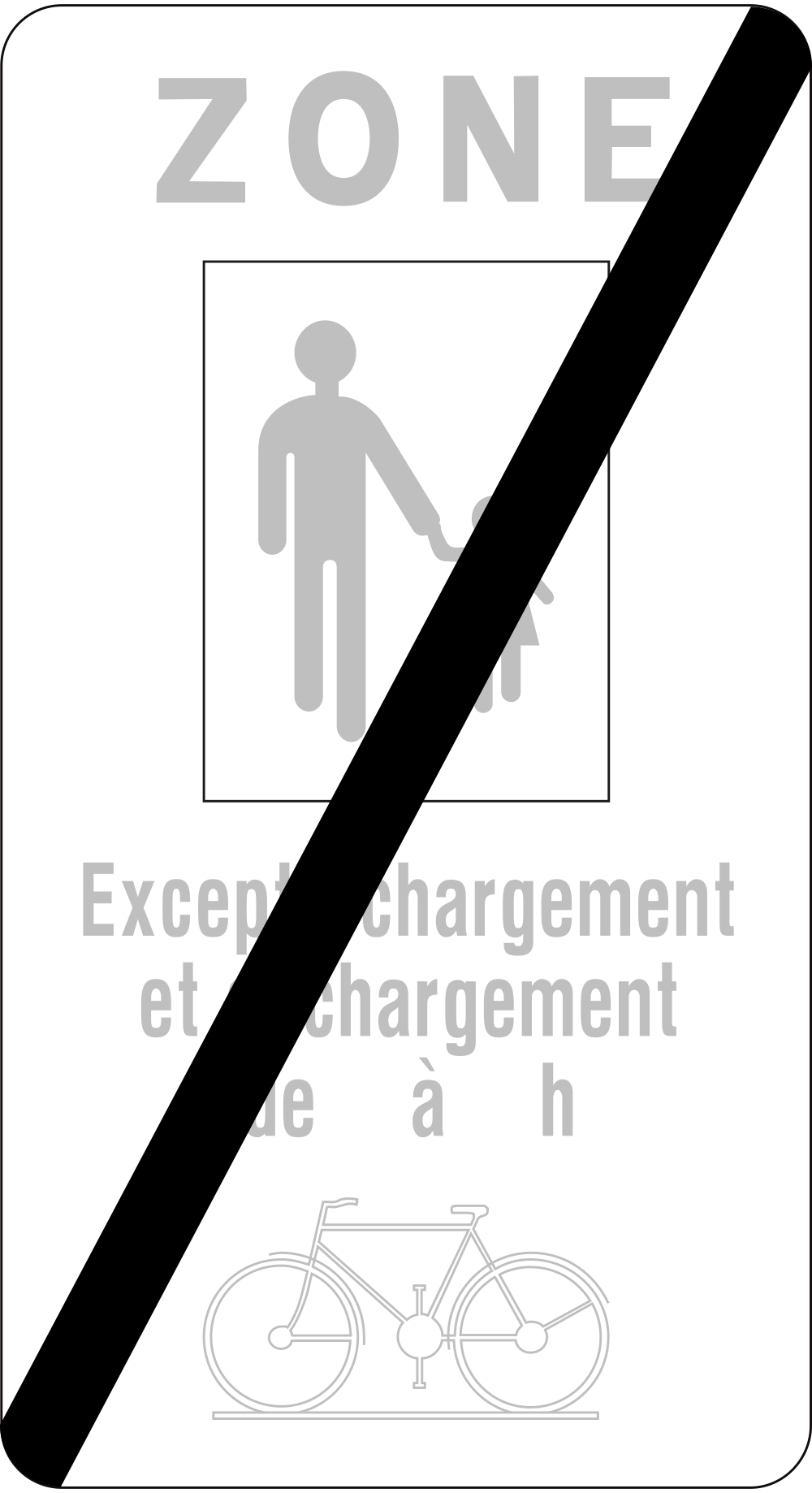 End of the zone for pedestrians.
End of the zone for pedestrians.
A public road where temporarily and during certain hours at the entrances a fence is placed with the indication 'play street'.
 Cyclists must also watch out that they do not hinder pedestrians or children.
Cyclists must also watch out that they do not hinder pedestrians or children.
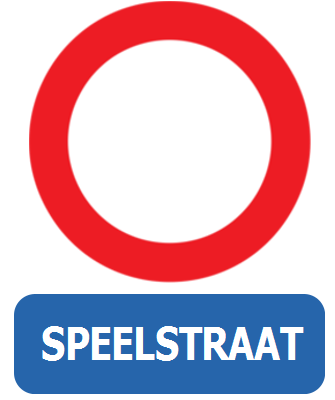 Entry prohibited, playstreet.
Entry prohibited, playstreet.
A speed bump is a traffic calming device that use vertical deflection to slow motor-vehicle traffic in order to improve safety conditions. Variations include the speed hump, speed cushion and speed table.
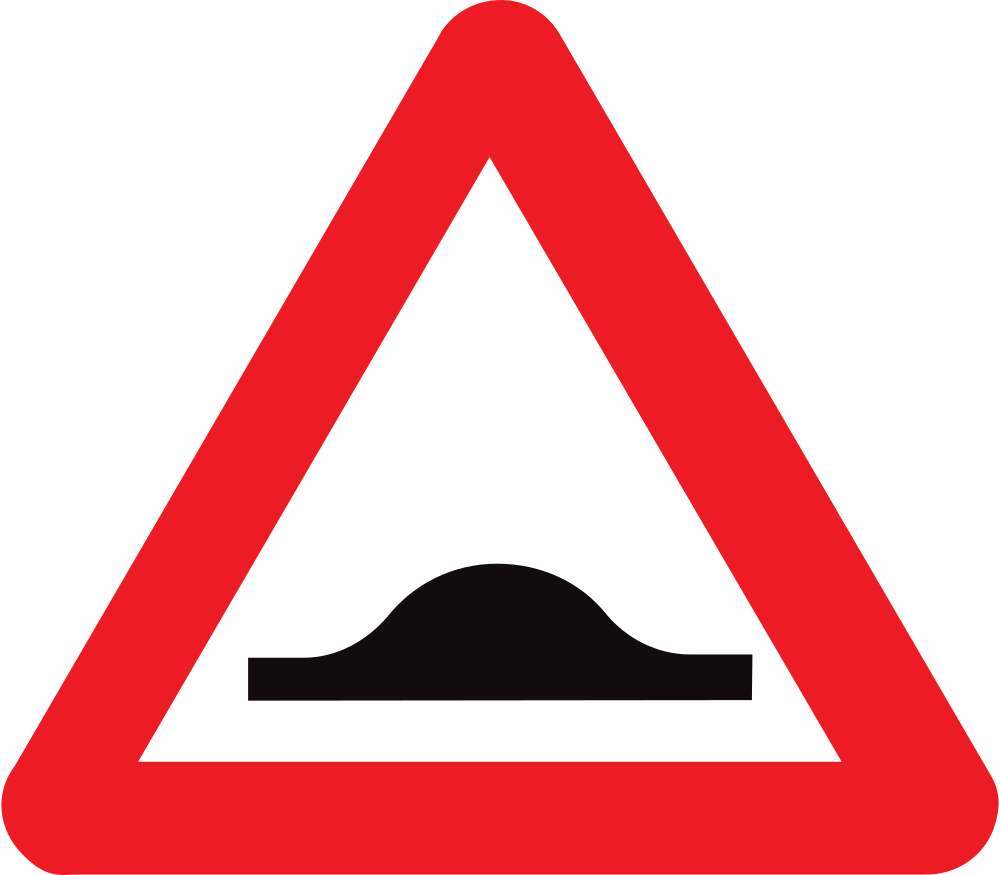 Warning for a speed bump.
Warning for a speed bump.
A fine is an amount that must be paid in connection with a crime.
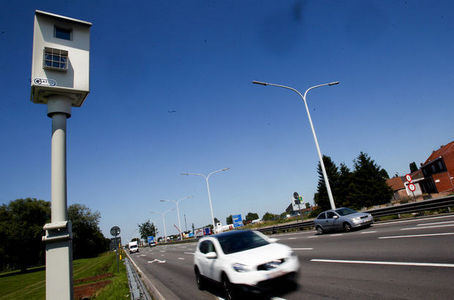 Speeding offenses are recorded with a speed camera.
Speeding offenses are recorded with a speed camera.
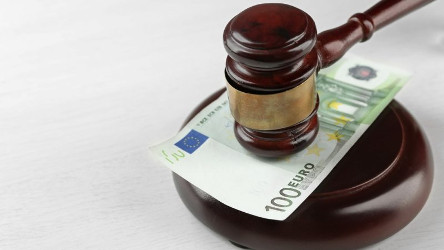 A fine is an amount that must be paid in connection with a crime.
A fine is an amount that must be paid in connection with a crime.
Traffic management is the set of systems that help to better utilize the capacity of the road network. Measuring loops in the road surface or traffic cameras visualize the current traffic flow and then dynamic signage and information signs inform road users.
 With electronic traffic signs the speed limit can be dynamically controlled.
With electronic traffic signs the speed limit can be dynamically controlled.